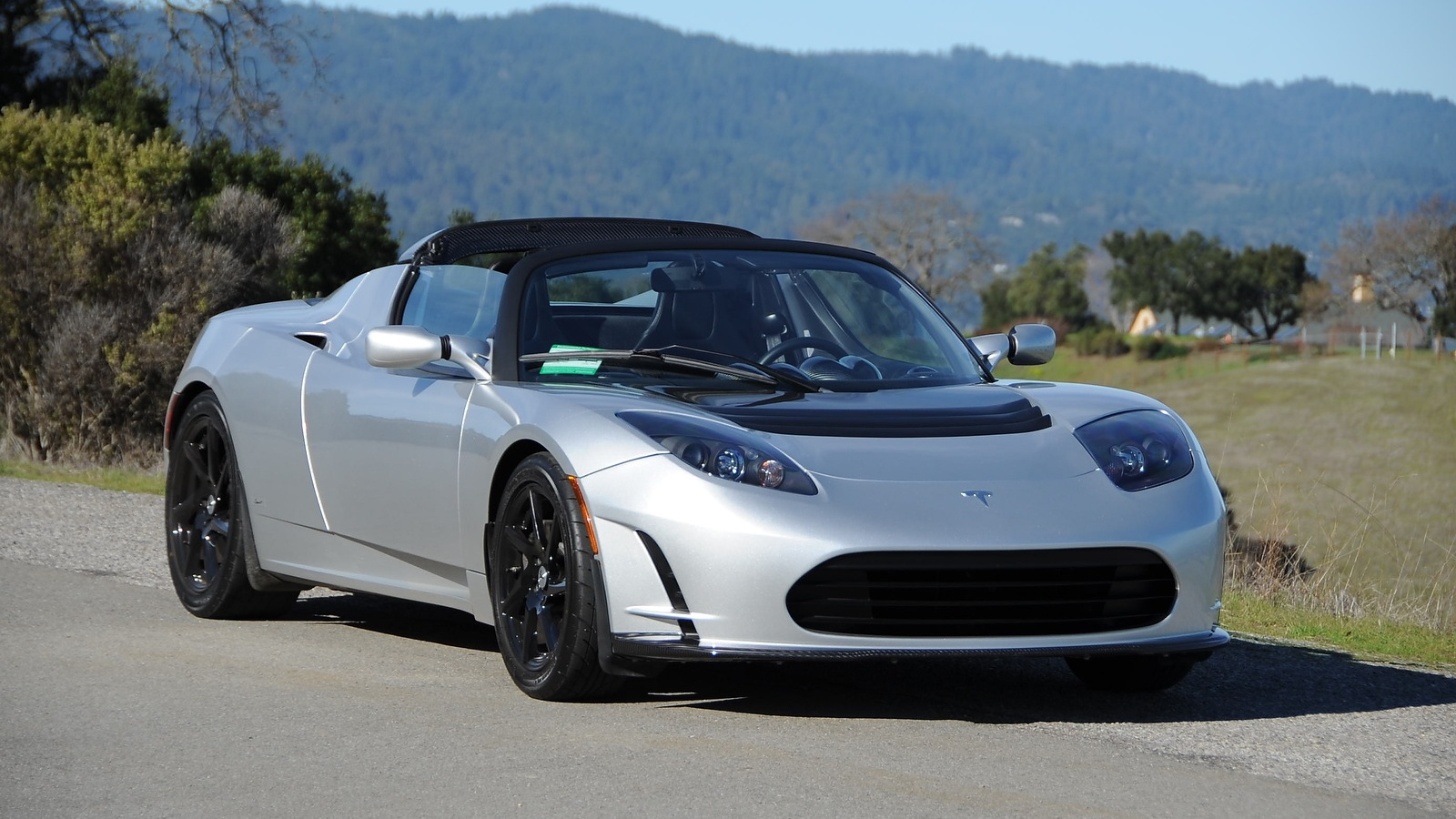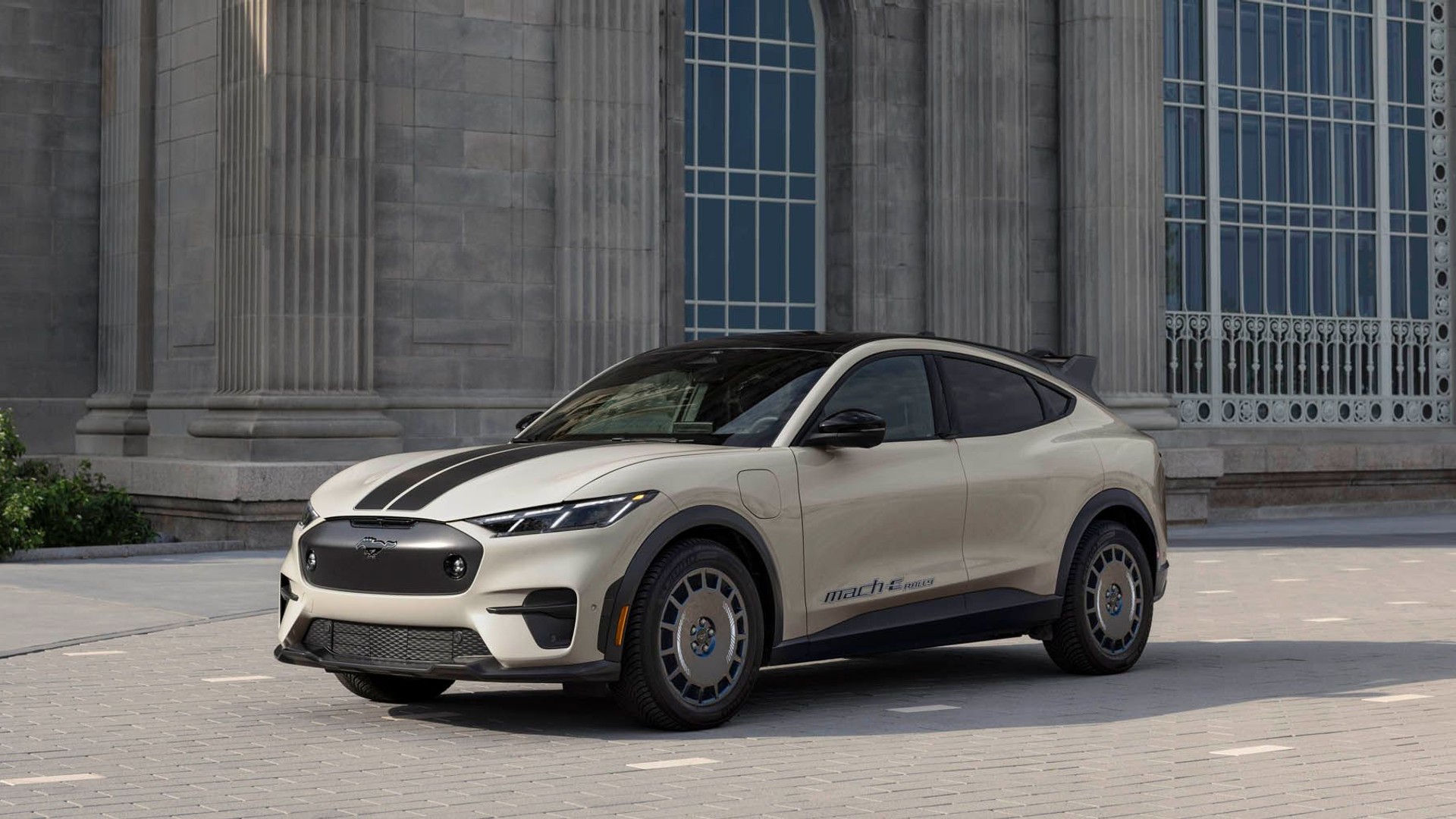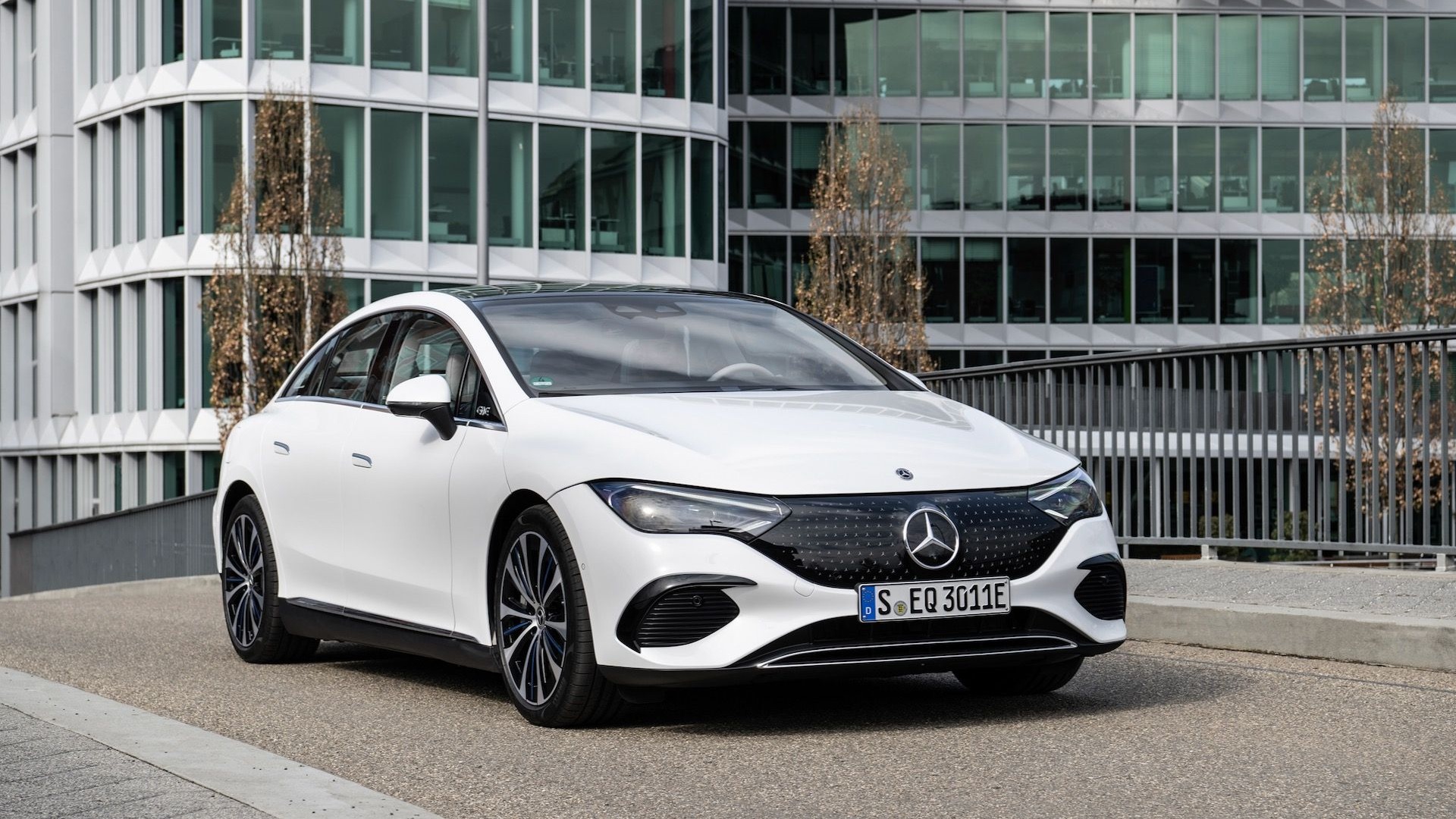One of the main objections that critics of global warming mitigation measures often cite is that they cost too much.
A new study in the journal Nature takes issue with that conclusion.
Several studies since 1991 have concluded that it is cheaper to develop new technologies to mitigate climate change than it will be to adapt to it. What those studies weren't able to do was estimate the amount of the savings.
CHECK OUT: Most-accurate climate-change models suggest worst effects on global weather
Now a new study in the journal Nature, published last month, has put a price tag on it. The study concludes that it will cost about $20 trillion less to work toward mitigating global warming ahead of time—for example, by providing incentives to sell electric cars and solar installations—than it will to adapt to the effects of global warming later.
Like other studies that came before it, the Nature study uses gross domestic product to measure both the costs of mitigating global warming and the cost of adapting to it.
The study modeled the impact of historical temperature changes on GDP in 165 countries from 1960 to 2010, and extrapolated the results out to 2100, and found that the more temperature changes can be limited, the greater the economic benefits will be.
![Global carbon dioxide emissions, 1850-2030 [CO2 Information Analysis Center, World Energy Outlook] Global carbon dioxide emissions, 1850-2030 [CO2 Information Analysis Center, World Energy Outlook]](https://images.hgmsites.net/lrg/global-carbon-dioxide-emissions-1850-2030-co2-information-analysis-center-world-energy-outlook_100631742_l.jpg)
Global carbon dioxide emissions, 1850-2030 [CO2 Information Analysis Center, World Energy Outlook]
The $20 trillion figure is the difference in cost between limiting global temperatures increases to 1.5 degrees Celsius instead of 2 degrees. The cost is a little more than one year of U.S. GDP, or a little more than a quarter of the world's annual GDP.
The study estimates that 71 percent of countries—those which contain 90 percent of the world's population—are likely to be better off economically by mitigating climate change than by having to adapt to it. Those countries generally are poorer than those that would have lower benefits.
At current projections of global warming, based on existing national commitments to mitigation efforts, the study's authors find that GDP would fall 15 to 25 percent in real (2010) dollars by 2100, if global temperatures were allowed to rise 2 degrees Celsius.
DON'T MISS: Clean energy won't happen, climate change will be bad: a contrarian perspective
"My gut feeling is that our numbers—as large as they are—could even be a lower bound on the overall damages," said Marshall Burke, a climate scientist at Stanford, and the study's main author.
GDP does not account for so-called "external" economic effects such as the health costs of air pollution from burning fossil fuels, so the savings from mitigating global warming could be even higher.
READ THIS: Is 'Drawdown' the climate-change action map the world needs?
Among the new assumptions in the study are that adverse weather effects from global warming, such as flooding, don't just affect the economy in a given year. Their effects linger and push down GDP for years afterward. Storms such as Hurricanes Andrew, Irma, and Katrina exemplify how major weather events magnified by global warming can have long-lasting effects on the economy.
In a counterpoint to the article other researchers note that savings from increasing energy efficiency and expansion of renewables is also not baked into the GDP numbers. Whether those are attributable to mitigation or adaptation might be a question open to debate.
Green Car Reports respectfully reminds its readers that the scientific validity of climate change is not a topic for debate in our comments. We ask that any comments by climate-change denialists be flagged for moderation. We also ask that political discussions be restricted to the topic of the article they follow. Thank you in advance for helping us keep our comments on topic, civil, respectful, family-friendly, and fact-based.












